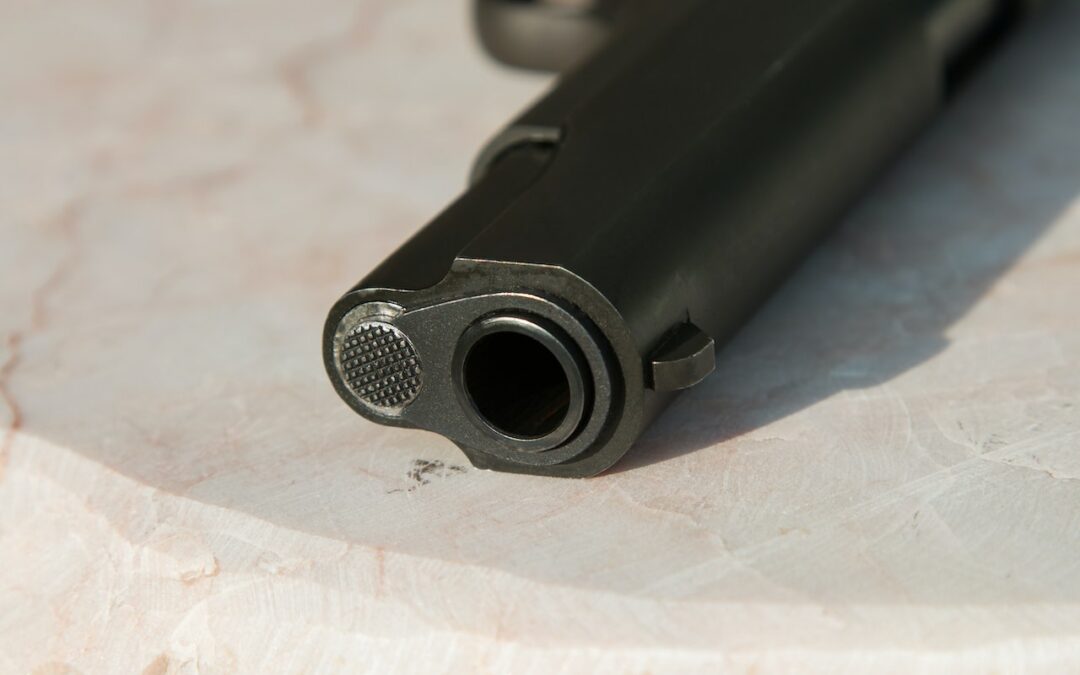In the United States, guns are ubiquitous. According to a 2017 Pew Research Center report, about three in 10 American adults own a gun. And while the specter of gun violence dominates the news, for many people, guns are a part of everyday life.
While the act of shooting a gun may seem relatively simple, the reality is that it can have a significant impact on your mind and body. In this comprehensive guide, we’ll explore some of the ways that shooting a gun may affect your mind and body, including the physical and psychological effects.
Physical Effects of Shooting a Gun
When shooting a gun, there are a number of physical effects that may be experienced. Here are some of the most common:
- Muscle strain and fatigue: Shooting a gun requires a great deal of muscular strength and endurance. Your arms, shoulders, and back may become tired and sore after shooting a gun for an extended period of time.
- Blurred vision: The act of shooting a gun requires you to focus your eyes on the target. This can lead to blurred vision and eye strain.
- Hearing loss: The noise of a gunshot is loud and can cause temporary or even permanent hearing loss. It is important to wear hearing protection when shooting a gun.
- Recoil: The recoil of a gun can cause the shooter to experience a jolt of pain in their arms and shoulders.
Psychological Effects of Shooting a Gun
The psychological effects of shooting a gun can be just as powerful as the physical effects. Here are some of the most common psychological effects of shooting a gun:
- Stress: For some people, shooting a gun can be a stressful experience. The tension of aiming, the loud noise of a gunshot, and the fear of missing the target can all contribute to feelings of stress and anxiety.
- Fear: For many people, shooting a gun can be a scary experience. The fear of being shot, the fear of shooting someone else, and the fear of making a mistake can all contribute to feelings of fear and anxiety.
- Adrenaline: The adrenaline rush that comes from shooting a gun can be both exhilarating and terrifying. The rush of adrenaline can cause the heart to race, the hands to shake, and the mind to race.
- Power: For some people, shooting a gun can feel empowering. The act of holding a gun and being able to control its power can be a rush of adrenaline and a feeling of control.
- Excitement: For some people, shooting a gun can be an exciting experience. The thrill of the shot, the sound of the gun, and the satisfaction of hitting the target can all contribute to feelings of excitement and joy.
Does Shooting a Gun Feel Good for People?
First and foremost, it is important to understand that the act of shooting a gun may feel good for some people. The sense of power, control, and accomplishment that comes with firing a gun can be a rush for some. Additionally, the physical act of shooting a gun—the noise, the kickback, the smell of gunpowder—can be exciting for some people.
However, it is important to note that this feeling of euphoria is not universal. Many people may not experience any pleasure from shooting a gun. In fact, some people may even feel a sense of fear or anxiety when shooting a gun.
Conclusion
Shooting a gun can be a thrilling and rewarding activity, but it also has potential to have negative effects on the mind and body. Shooting a weapon can cause temporary hearing loss, anxiety, and stress, which may be long-lasting for some people. It is important to take the proper precautions when shooting and to make sure to take regular breaks to ensure that the shooter is not over-exerting themselves.
Furthermore, it is important to use the proper technique and form to help ensure accuracy, reduce recoil, and minimize the potential for injury or discomfort. Finally, it is important to remember that shooting a gun is a privilege and should be done responsibly and safely.
Are you looking for reloading supplies with free shipping in Myrtle Beach, SC? RedEye Reloading has got you covered! We offer reloading accessories at fair prices. Browse through our products today!
